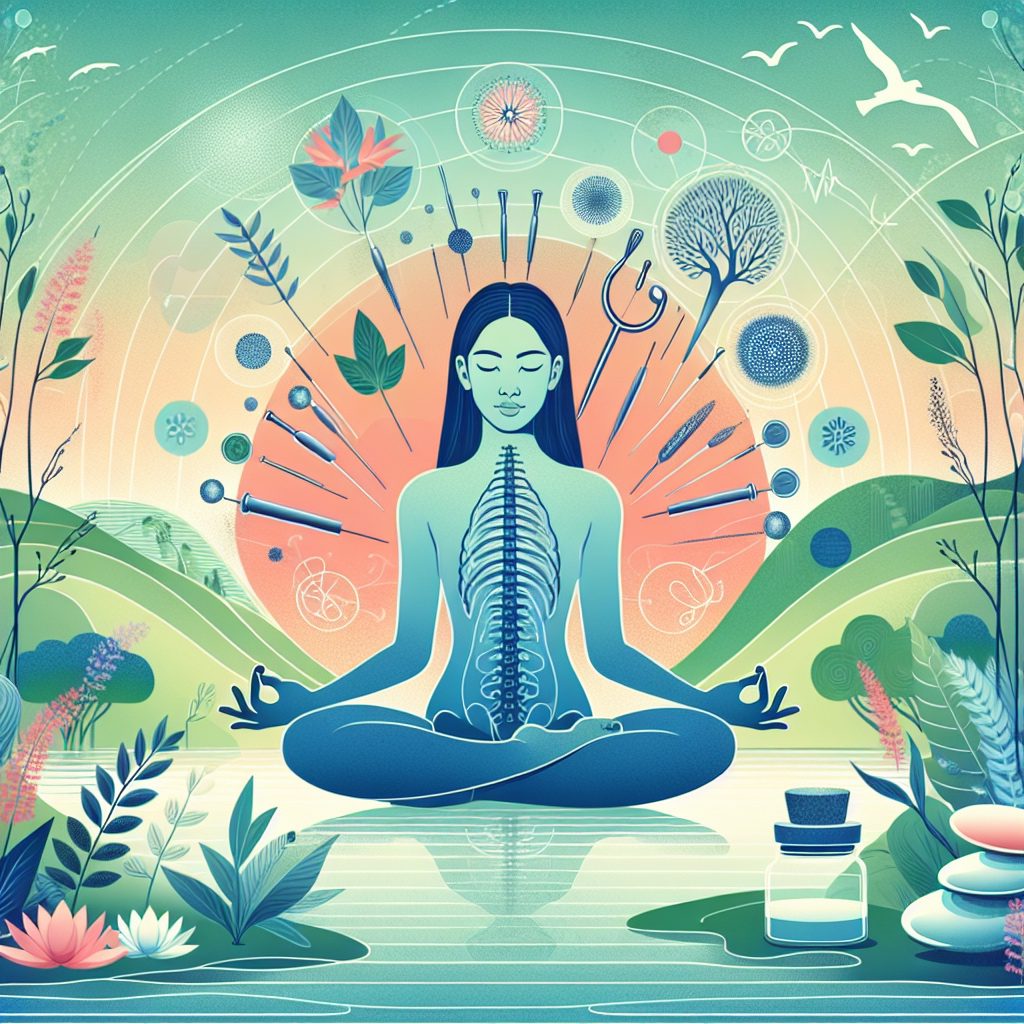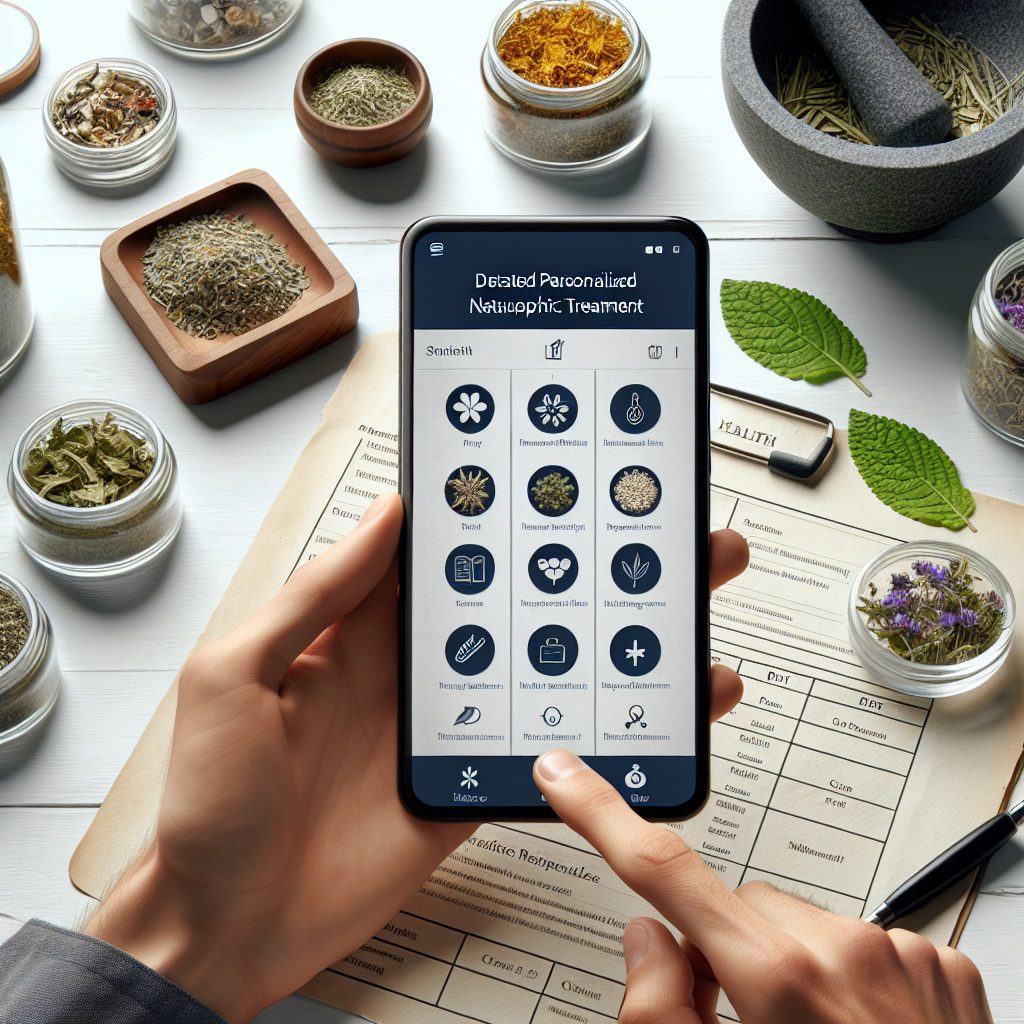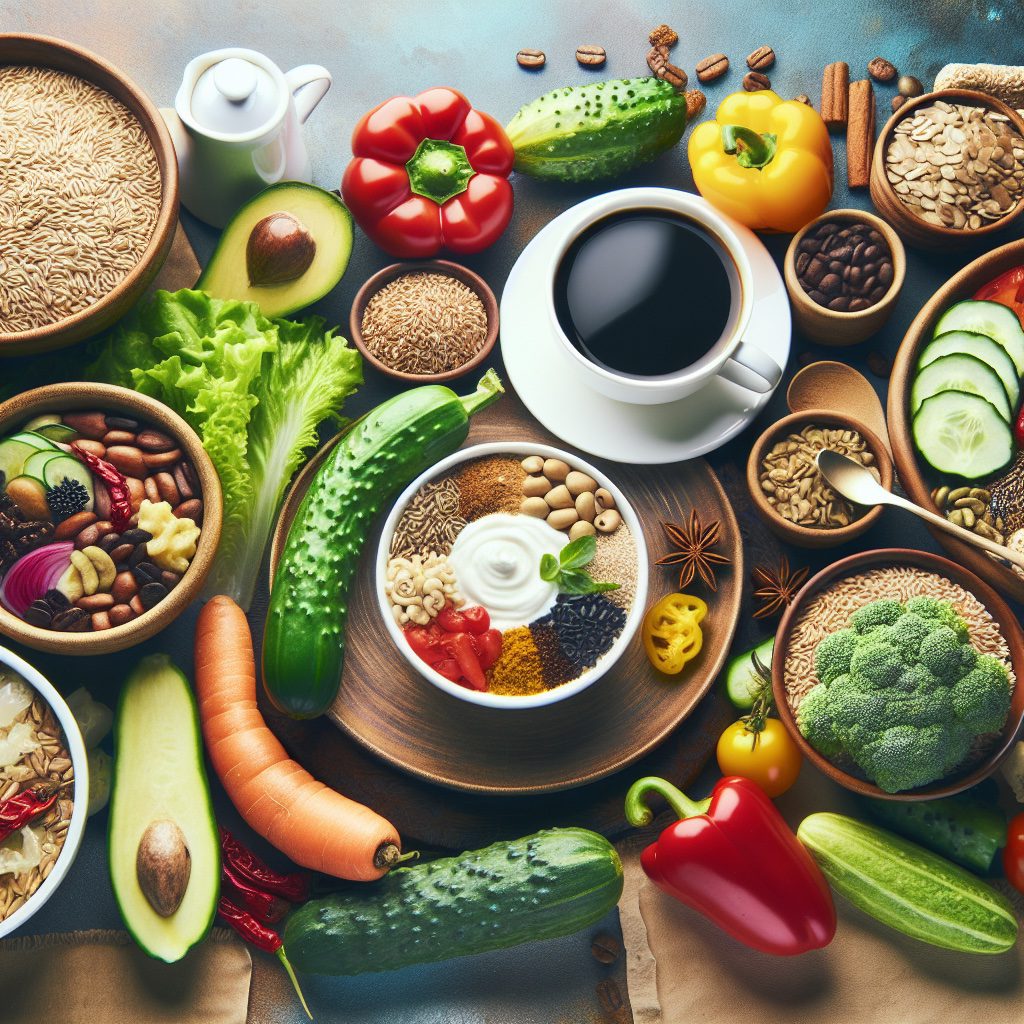Ah, herbal tea – that soothing, aromatic elixir that transforms an ordinary moment into a ritual of self-care. In the realm of Traditional Chinese Medicine (TCM), these botanical brews aren’t just something to sip while Netflix-binging; they’re powerful concoctions with thousands of years of healing wisdom steeped right in. But like that friend who starts collecting garden gnomes and suddenly has 347 of them on their lawn, sometimes our most cherished habits can go from charmingly beneficial to… well, a bit much.
As someone who’s turned to herbal tea remedies for everything from a scratchy throat to existential dread, I understand the allure. One cup becomes two, becomes five, becomes “is that the bottom of my third pot today?” But TCM wisdom whispers caution even as it celebrates these natural brews. After all, even the most beneficial things can turn troublesome when we ignore moderation – kind of like binge-watching documentaries until you’re convinced your houseplant is plotting against you.
The Basic Brew: Understanding Herbal Tea Through TCM Eyes
In Traditional Chinese Medicine, herbal teas aren’t just tasty leaf water – they’re classified with the precision of a scientist categorizing newly discovered species. Each herb comes with its own “temperature” profile: cooling herbs like chrysanthemum that might as well be wearing tiny herbal sunglasses, warming herbs like ginger that basically carry around microscopic hot water bottles, and neutral herbs just chilling in the middle of the spectrum.
Then there’s the flavor factor – sweet, bitter, sour, pungent, and salty. These aren’t just about tantalizing your taste buds; they’re like little messengers carrying specific instructions to different organs in your body. Imagine your bitter dandelion tea arriving at your liver like a strict but loving grandparent, ready to get everything in order. Or sweet licorice root approaching your spleen like that super-enthusiastic friend who’s determined to boost your energy.
These temperature and taste classifications aren’t just ancient Chinese herbalists being fussy – they’re the user manual for how these herbs interact with your body’s unique ecosystem. Drinking cooling mint tea when you’re already feeling cold internally is like wearing flip-flops in a snowstorm – technically possible, but your body will definitely file a complaint.
The Golden Rule: How Much Herbal Tea is Too Much?
According to TCM wisdom, the sweet spot for daily herbal tea consumption hovers around three cups per day. Think of it as the Goldilocks principle of herbal tea intake – not too little, not too much, but juuuust right.
I once knew a tea enthusiast who viewed this guideline as more of a suggestion than a rule. Let’s call her “Teapot Tammy.” Tammy started innocently enough with a morning cup of ginseng, then added an afternoon astragalus infusion, followed by an evening chamomile. But soon, her desk looked like a botanical garden had exploded, with seven different tea mugs in various states of consumption. By month’s end, Tammy was experiencing heart palpitations and couldn’t sleep, her body essentially screaming, “ENOUGH WITH THE STIMULATING HERBS ALREADY!”
The TCM daily herbal tea intake guidelines aren’t arbitrary – they’re based on the understanding that even good things need boundaries. Your body needs time to process and integrate the active compounds in these plants. Going overboard is like trying to listen to seven podcasts simultaneously – you might catch snippets of each, but you’ll miss the full benefit of any single one.
When Good Herbs Go Bad: Potential Side Effects
Even the friendliest herbs can show their prickly side when overconsumed. Take licorice root tea, beloved for its sweet taste and soothing effects on sore throats. Consume it moderately, and your throat thanks you. Guzzle it like it’s going out of style, and you might find yourself with headaches, water retention, and blood pressure high enough to launch a rocket.
Or consider ginseng, that celebrated energy-boosting root. A reasonable daily cup might make you feel like you could conquer the world. But overdo it, and you could end up with the “ginseng jitters” – insomnia, nervousness, and a heartbeat that sounds like a techno track.
Even innocent-seeming chamomile has its limits. While it’s generally as gentle as a lullaby, excessive consumption can turn that calming effect into drowsiness that makes sloths look hyperactive. As my grandmother used to say, “Too much of a good thing turns it into a not-so-good thing” – wisdom that applies perfectly to herbal tea safety.
The side effects of herbal tea aren’t just theoretical concerns for the overly cautious. They’re real-life “oops” moments waiting to happen when we treat herbal teas like they’re consequence-free because they’re natural. Remember: poison ivy is natural too, but you wouldn’t make a tea from it (please don’t).
Plot Twist: Interactions and Toxicity
Here’s where our herbal tea story takes a turn worthy of an Agatha Christie novel – the unexpected interactions chapter. Herbs don’t exist in isolation in your body; they’re socializing with everything else you consume, including medications. Some of these social interactions get awkward fast.
Take St. John’s Wort tea, for instance. On its own, it might help uplift your mood. But combine it with certain antidepressants, and suddenly your body is dealing with serotonin syndrome – a potentially serious condition that’s about as pleasant as it sounds (which is not at all).
Or green tea extract, which can be like that friend who means well but accidentally makes things worse. When combined with blood thinners like warfarin, it can increase your bleeding risk. Mix it with certain stimulant medications, and your heart might feel like it’s auditioning for a drum solo.
According to TCM principles, herbs have complex profiles of active compounds that can either complement or clash with pharmaceutical drugs. It’s like having two different DJs playing at your body’s club – sometimes they create an amazing mashup, other times it’s just noise that gives everyone a headache. Research from the National Center for Complementary and Integrative Health provides valuable insights about these potential interactions.
The toxicity factor also comes into play with prolonged high doses. Even beneficial herbs like ginkgo biloba can become problematic when consumed excessively over time. Your liver, the loyal detoxifier that it is, can only handle so much before it sends up distress signals.
Bargain Teas and Hidden Surprises
Let’s talk quality – because not all herbal teas are created equal. That suspiciously cheap herbal tea might seem like a budget win, but it could come with bonus features you didn’t order – like pesticide residues, heavy metals, or actual dirt. It’s the herbal equivalent of buying a designer bag from a guy selling them out of his trenchcoat.
TCM places enormous emphasis on the quality and proper processing of herbs. Traditional practitioners would sooner give up their certification than use inferior herbs. Why? Because poor-quality herbals can transform your healing cup into a troublemaking potion.
Consider the cautionary tale of those off-brand detox teas that flooded the market a few years back. Lab tests found some contained laxatives not listed on the label, turning what should have been a gentle cleanse into what one might delicately call “a bathroom emergency situation.”
Quality over quantity isn’t just a catchy phrase when it comes to herbal tea consumption – it’s a safety guideline backed by both ancient wisdom and modern research. Better to have one cup of high-quality, properly sourced tea than five cups of questionable leaf dust that might contain more fillers than actual herbs.
Becoming a Tea Whisperer: Listen to Your Body
If herbs could talk (and thankfully they can’t, or herb gardens would be really noisy places), they’d tell you to pay attention to how your body responds to them. Becoming a “tea whisperer” means developing a relationship with both the herbs and your own body’s feedback system.
That tingling sensation after drinking ginger tea? That’s your body saying, “Hello, warming energy has entered the building!” The slight drowsiness after chamomile? That’s your nervous system sending a thank-you note. But if you’re experiencing headaches, heart palpitations, or digestive upset? That’s your body waving red flags and setting off alarm bells.
TCM practitioners have always emphasized the importance of individual constitution – what works beautifully for one person might be completely wrong for another. Your friend might thrive on strong ginseng tea while the same brew makes you feel like you’ve stuck your finger in an electrical socket.
The wisdom of listening to your body’s voice isn’t just poetic – it’s practical. Your body has a sophisticated feedback system that will tell you when your daily herbal tea intake crosses from beneficial to problematic. The key is actually paying attention to these signals instead of pushing through discomfort in the name of “natural health.”
If mysterious symptoms persist despite adjusting your tea routine, it might be time to consult with a healthcare professional or TCM practitioner. Sometimes what seems like an adverse reaction to herbal tea could be something else entirely – and Dr. Google is notoriously bad at differential diagnosis.
The Art of Sipping, Not Chugging
Let’s wrap this up with a celebration of responsible herbal tea enjoyment – because done right, herbal teas remain one of the most accessible, pleasurable ways to support your well-being. The key is approaching them with respect for their power, not just treating them like flavored water.
At HerbalsZen, we believe in the gentle art of sipping, not chugging. We see herbal tea consumption as a mindful practice – a moment to connect with nature’s wisdom and your own body’s needs. This harmony between humans and nature is at the core of both TCM principles and our company philosophy.
Think of your daily tea ritual as a conversation with these plants, not a one-sided monologue where you do all the talking (or drinking). Give your body time to respond, to integrate, to benefit from each carefully prepared cup. Quality matters more than quantity, and presence matters more than perfection.
We invite you to share your own herbal adventures – the discoveries, the oops moments, the perfect combinations that made you feel like you’d unlocked a secret level of well-being. Because health isn’t just a personal journey; it’s a communal wisdom we build together, one mindfully sipped cup at a time.
Remember: the true TCM approach to herbal tea isn’t about maximum consumption – it’s about optimal harmony. Listen to your body’s voice, respect the power of these plant allies, and enjoy the beautiful balance that comes from knowing when enough is just right.
Now, if you’ll excuse me, my perfectly portioned, third-and-final cup of the day is steeping, and we have an important appointment with mindfulness to keep. 🍵




